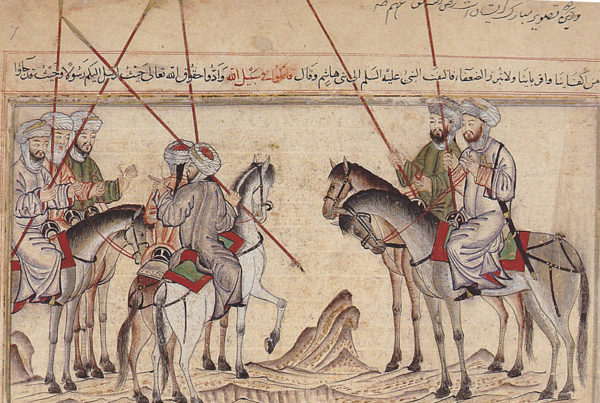The Call of the World, a memoir penned by Bill Graham, former Minister of Foreign Affairs, and Defence, in both the Chretien and Martin governments, offers not only an overview of the career of this long-serving cabinet minister but also the beliefs that formed the underpinnings to not only his career but also the Liberal Party of Canada. For students of politics, the book allows the reader valuable insights into the workings of the Liberal government of the day at the federal level.
Yet, for some, the book disappoints on a number of levels. It is a long and dense read, certainly not one to be devoured in one or two sittings. Some areas might have been condensed, in particular the first chapter which presents a lengthy description of the privileged upbringing Mr. Graham enjoyed. No doubt while such was very enjoyable to experience, its recount adds little to the student of history, except perhaps to demonstrate Mr. Graham’s early world travels. Graham had a successful career as a practitioner and professor of international law. Yet, what must be his encyclopaedic knowledge and appreciation of the application – international law is not always in evidence. His faith in the United Nations as the ultimate arbiter of disputes among nations seems flawed by its demonstrated failures over the years.
Graham expresses real concern about the Bloc Quebecois and how various issues would resonate in Quebec and the Maritimes. Yet he ignores the alienation felt by the West and its anger over the National Energy Program imposed by the Pierre Trudeau government, which resonates to the present.
Throughout the work, Graham takes a very partisan approach. He makes no effort to disguise his contempt for anything he considers right-wing: politicians and parties, groups, individuals and media – all are subjected to commentary. At the same time, Graham, trying to show ever conscious awareness of what Canadians are purportedly thinking, always tries to appease or find middle ground.
It is the ending though, that seems most problematic. Instead of wrapping things up with his departure from Parliament and bidding farewell to a successful career in politics, Graham concludes with a partisan litany of all the sins committed, in his view, by a Canadian government which led the country for 10 years through the greatest economic downturn since the 1930’s. These include accusing the Harper government of thumbing its nose at the UN and Canada’s loss of status in the Middle East as an “honest broker.”
The reader is left with the distinct sense of the writer’s disappointment that Canada’s foreign affairs achievements during years of post-Suez successive Liberal Governments were not greater than they were.
(An earlier version of this article was published on May 27, 2016 and incorrectly stated that Mr. Graham served in the Trudeau government.)








